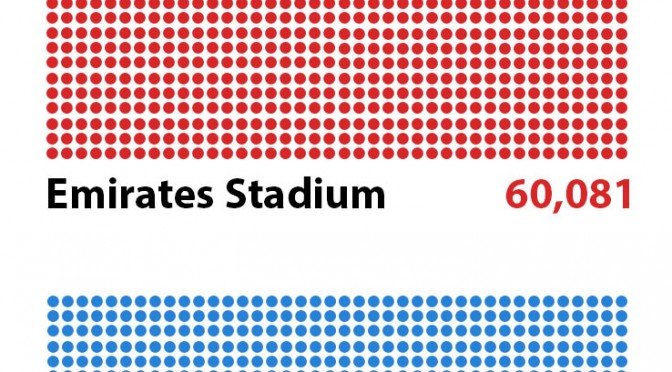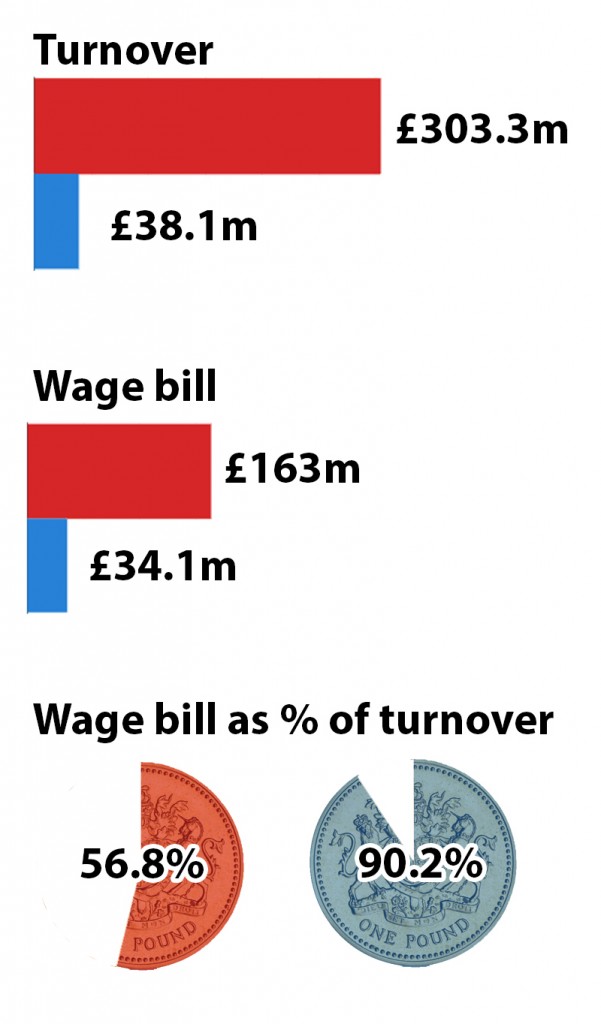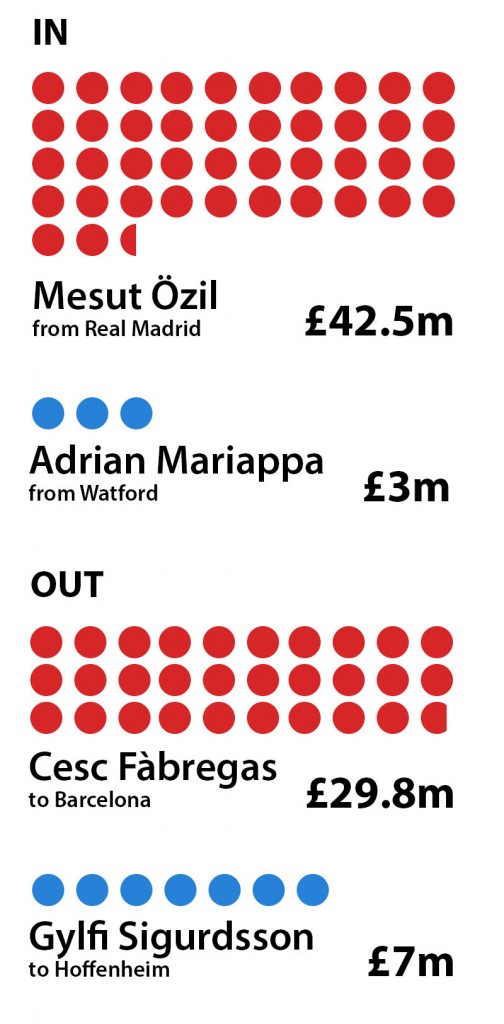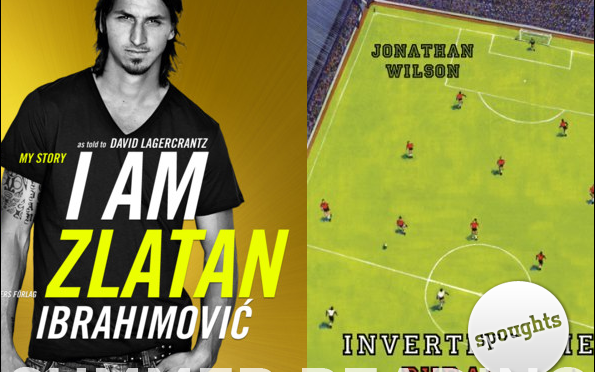In some quarters, this weekend’s FA Cup semi-final between Reading and Arsenal is being billed as your proverbial David and Goliath encounter.
That might seem a little over the top. Arsenal’s preening millionaires will not exactly be meeting a bunch of part-time postmen. The Royals are only one division below the favourites, having only lost their top-flight status two years ago. They also have a canny manager in Steve Clarke, who’s worked with some of the country’s biggest clubs.
However, even a well-established club like Reading can pale in comparison to a money-spinning megalith like the Gunners, who are not only of English football’s most storied sides, but also one its richest.
Here are some visual representations of just how huge the gap is between the two sides.
Trophies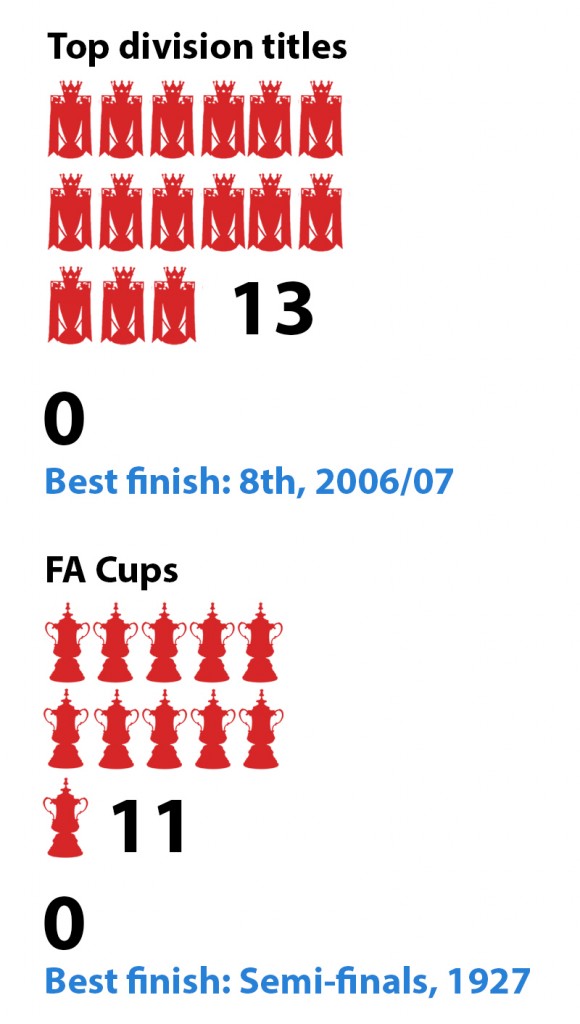
Whereas Arsenal’s all-time haul of competitive honours makes them the country’s third-most successful club of all time, Reading are some way off that mark.
The Royals’ semi-final appearance this weeekend will equal their best ever finish in the competition, which came all the way back in 1927.
Finances
Arsenal’s income stood at £303.3m last season, more than any other English club. This allows them to spend a staggering £163m on wages every year without a sweat.
Reading, meanwhile, can claim to have financial figure larger than their semi-finals rivals. It’s not one they want. The management at the Madjeski Stadium spend a worrying 90.2 per cent of their income on wages, something that they should seek to correct sooner rather than later.
Transfers
Arsenal broke their transfer record two years ago when Mesut Özil joined the club for £42.5m from Real Madrid and went close again the following summer, when they shelled out £31.7m for Alexis Sanchez.
Reading, on the other hand, can’t quite compete. Their transfer record stands at £3m, following the signing of Jamaican international Adrian Mariappa from Watford in 2012.
Stadiums
Both clubs have moved into ultra-modern stadiums in the recent past. Reading moved into the Madjeski Stadium, named after their owner John, by their owner John, in 1998. The ground is shared with London Irish, who the football club earn around £600,000 in commission from every year.
Arsenal’s protracted move from Highbury to the Emirates was undoubtedly worth the wait. The stadium has taken the club to the next level and established them at European football’s top table. Attendances are never too far off the capacity of 60,272, which is the second biggest in the league behind Old Trafford.
Social Media
Arsenal can boast a huge following on Facebook, with around 35m fans having ‘liked’ the club online. The Gunners will, however, want to bring a few more of these fans onto Twitter, where they have only 5m followers.
Reading, meanwhile, are doing relatively well. Their 250,000 likes are backed up by a 150,000 followers, suggesting a hard-core of support across both social networks.

